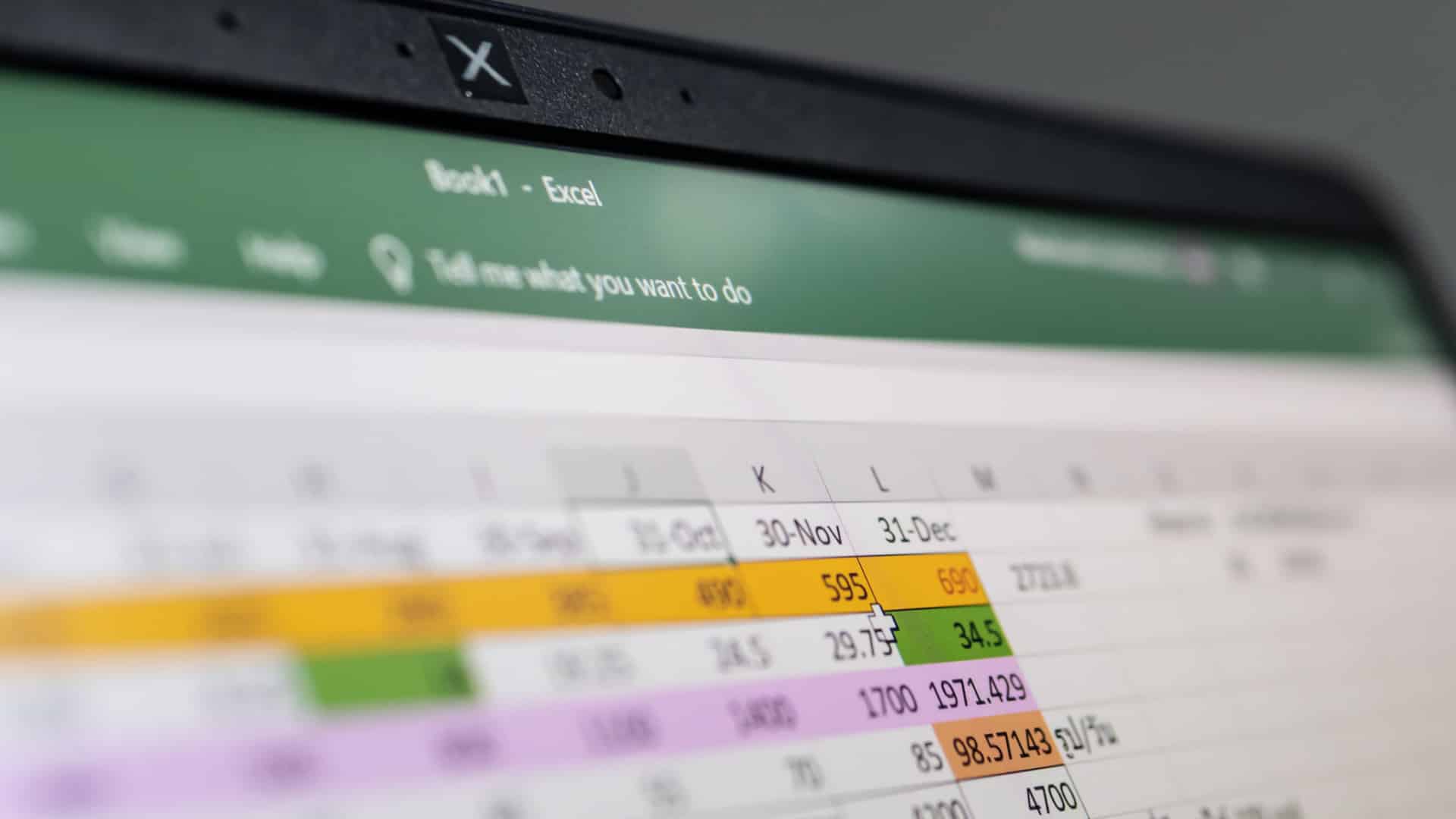You may or may not be familiar with Google Ads, but knowing a few useful formulas and functions for PPC or so-called Google Ads is always beneficial.
We are going to touch base on what Google Ads is and its benefits of it. If you’re familiar with Google Ads, please go ahead and dive into the tips and tricks when it comes to Google Ads statistics. However, even if you feel that you know everything, Google Ads can always surprise you. To avoid any unexpected surprises, get in touch with a PPC agency in London.
Google Ads or PPC Ads stands for pay per click. It means that you only pay if there are people who are interested in it and click on your ad. It can be great for any brand as you can get refined traffic based on the keywords your business is related to. There are a lot of great functions and marketing possibilities with Google Ads, so let’s dive into some that will make your life easier.
How to easily calculate ROAS on Google Ads?
Well, you don’t actually need to. Google Ads will do it for you!
ROAS or Return on ad spend. It shows if your ads are making profits or spending more than you earn from ads. Even the best marketing professionals find it hard to calculate it sometimes. It can be even more confusing if it’s your first time running Google Ads. One of the best things about Google Ads is that it calculates ROAS for you. The tricky part is that it is not called ROAS on the Google Ads platform. If you want to have ROAS calculated for you, you need to look for a column named Conv. value/Cost, which is a formula for how ROAS is calculated in general. It may seem simple, but believe me. We are used to other platforms like Facebook, where ROAS
is called ROAS.
How to increase your keyword rank with minimal effort?
Google Ads are all about making the content as relevant as possible. If the customers are looking for cheese, your keywords target cheese, but your ad copy doesn’t mention cheese so it won’t show your ad to potential customers. Now you may think, okay, I’ll add all the keywords in the ad copy and problem solved. Not so fast, smarty pants, it is not so simple. Google Ads has become smart, and neither it nor your customers will be pleased to see an ad copy stuffed with keywords. However, there is a pretty simple solution. Google Ads has a great function called keyword insertion, which allows it to switch keywords in the headlines and descriptions. It makes your life easier by improving the quality scores of the keywords and making your ads more relevant. The only tricky part is ensuring that your ad copy is relevant to all the keywords in the ad group, but Google Ads will do the rest.
How to test different landing pages on Google Ads?
Last but not least, there is a great function to test different landing pages for your campaigns. I can bet that you think you already know it. You think it’s as easy as it gets – just copy and paste the ad copy and change the landing pages. But imagine seeing that you have not one ad copy and not ten but more like thirty. Do you still think it is reasonable to double this amount? Well, I didn’t think so, either. Google Ads has a great function where you can set up this testing in 5 minutes. Yes, 5 minutes, and it doesn’t matter whether you have 5 ads or 15. You need to go to the experiments, which can be found on the left-hand side with all the other settings. Then, choose the campaign you want to apply it to and insert a new landing page link. That’s it! You can also select a date range or use it for only a few ad sets. However, it definitely makes your life easier if you’re making new landing pages and want to find the best-performing one.
So there you have it, a few useful functions and formulas that will help propel your PPC efforts from the get-go.



